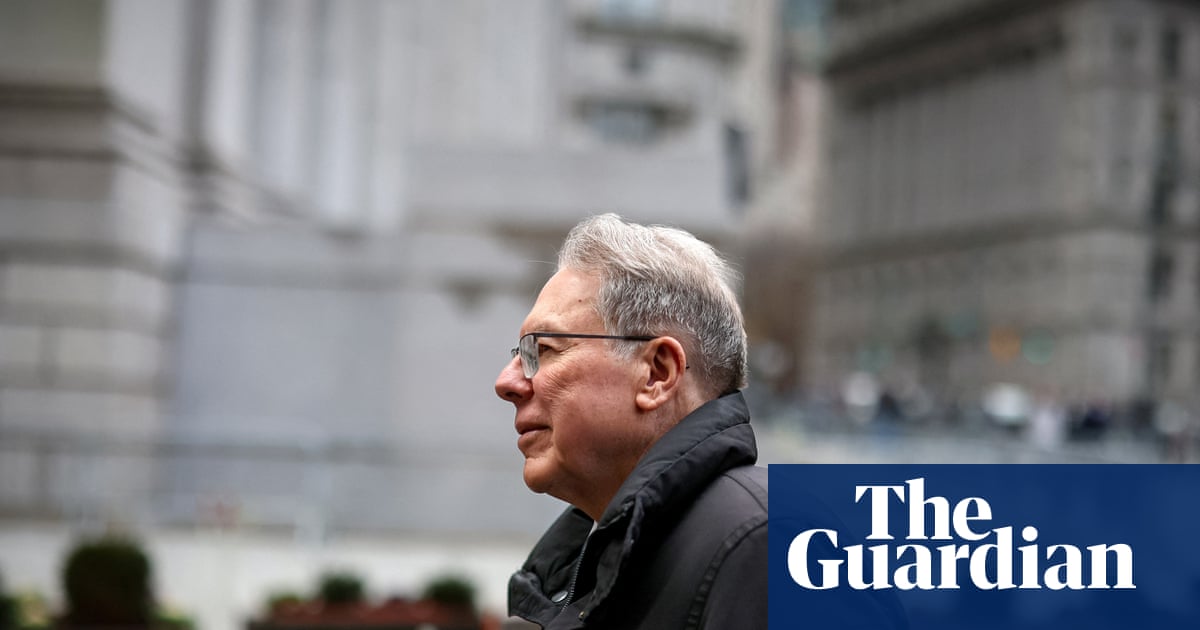
Special Operations Chief Edward Gallagher could face life in prison if found guilty of the most serious charge against him
Gallagher is charged with murdering a wounded Daesh prisoner and shooting unarmed civilians
SAN DIEGO: A military jury in San Diego resumed deliberations on Tuesday in the war crimes trial of a US Navy SEAL charged with murdering a wounded Daesh prisoner in his custody and shooting unarmed civilians during a 2017 deployment in Iraq.
The case against Special Operations Chief Edward Gallagher, whose prosecution has drawn White House attention, went to the seven-member jury of US Marines and Navy personnel on Monday as the trial phase of his court-martial entered its third week.
A verdict requires agreement of at least five of the seven jurors, all but one of whom have served in combat. If Gallagher is convicted, the panel also will determine the sentence.
Gallagher could face life in prison if found guilty of the most serious charge against him, premeditated murder. Several fellow SEAL team members testified that he fatally stabbed the captured Iraqi prisoner in the neck with a custom-made knife after the teenage fighter was brought to Gallagher’s outpost for medical treatment.
Some of the same witnesses also said they saw Gallagher, who was originally trained as a medic, perform a number of emergency procedures on the detainee before he died.
At the jury’s request on Tuesday, the judge allowed playback of audio from testimony of the trial’s first prosecution witness, Navy Lt. Thomas McNeil, who was the second-ranking officer in charge of Gallagher’s platoon.
In the portion requested by jurors, MacNeil recounted hearing Gallagher saying over the radio, “He’s mine,” when notified that the captured Iraqi, wounded in an air strike, was being brought in from the battlefield.
Gallagher also is charged with attempted murder in the wounding of two noncombatants — a schoolgirl and an elderly man — shot from a sniper’s perch, as well as with obstruction of justice and unlawfully posing for photos with the detainee’s corpse.
Gallagher, 39, a platoon leader, has denied all charges, insisting that disgruntled subordinates with no prior battlefield experience fabricated allegations against him over grievances with his leadership style and tactics.
US President Donald Trump intervened in Gallagher’s case months ago, ordering that he be moved from pretrial detention in a military brig to confinement at a Navy base. The presiding judge later released Gallagher from custody altogether.
The chief petty officer, a decorated career combat veteran, was arrested in 2018, more than a year after returning from his eighth overseas deployment in Mosul, in northern Iraq.
In a surprise twist during the first week of the trial at a military court at US Naval Base San Diego, a Navy SEAL medic testified that it was he, not Gallagher, who caused the death of the gravely injured prisoner by blocking his breathing tube, calling it a mercy killing.
Two defense witnesses — an Iraqi general and a US Marine staff sergeant — testified they never saw the Iraqi captive mistreated by anyone while alive in American custody.
The senior prosecutor, Navy Commander Jeffrey Pietrzyk, said in his closing arguments on Monday that Gallagher had implicated himself. He cited a photo that Gallagher sent to a friend in May 2017 showing him posed with the Iraqi detainee’s corpse, with the text message: “I got a cool story for you when I get back. I got him with my hunting knife.”
Gallagher’s civilian defense lawyer, Timothy Parlatore, said prosecutors and Navy investigators succumbed to “tunnel vision” in their determination to build a case against Gallagher, rather than conducting an impartial inquiry.
“No body, no evidence, no science, no forensics, no case,” Parlatore said. “The ship has run aground












